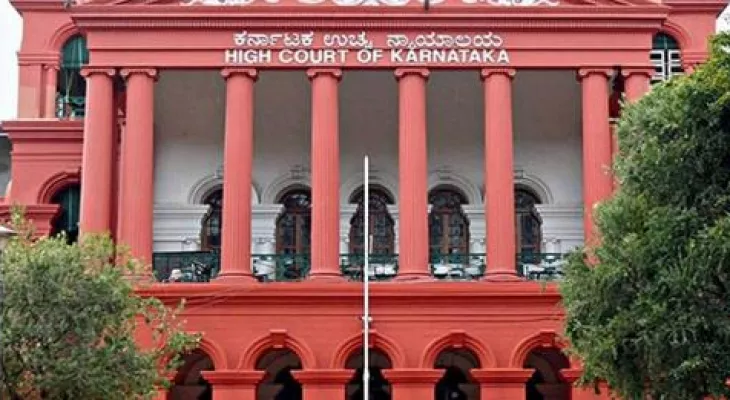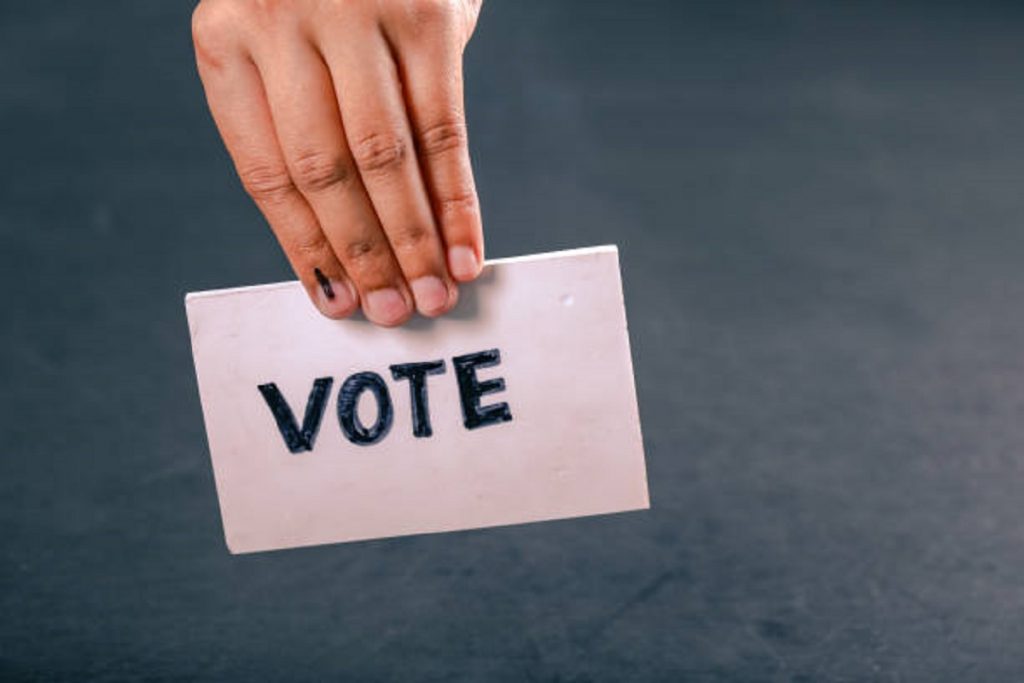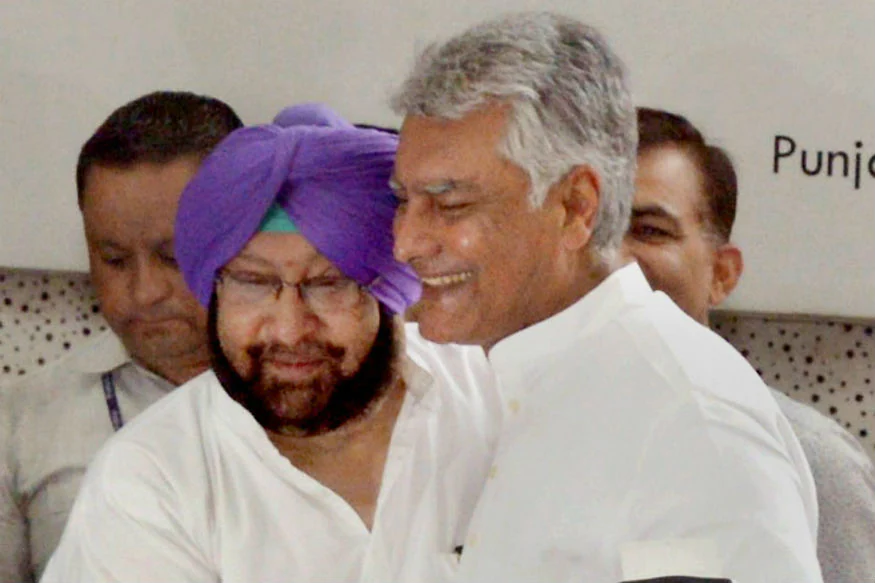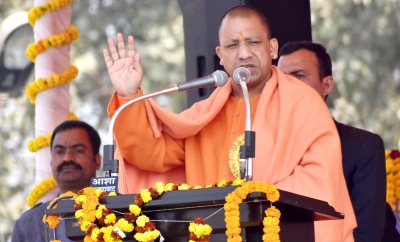Hijab Row: K’taka HC Asks Whether All Quranic Injunctions Are Inviolable

Bengaluru, Feb 14 (UNI) The full Bench of Karnataka High Court on Monday posed several questions to petitioners, which have initiated a nationwide debate in the hearing of Hijab matter. One of the most important questions Justice Krishna S Dixit posed was whether all that stated in Holy Quran amounts to essential religious practices and whether all Quranic injunctions are inviolable. In reply, senior advocate Devdatt Kamat, counsel for pro-hijab petitioner, submitted that in the instant case, wearing of Hijab was an essential religious practice.
“The larger question whether all Quranic injunctions are essential religious practices does not arise in this case,” he argued. The advocate further apprised the bench that since the Holy Quran itself makes a reference to wearing of hijab, it is not essential to refer to any other authority and accordingly such a practice should be protected under Article 25 of the Constitution. At one point of the hearing, Chief Justice Ritu Raj Awasthi asked senior advocate Devdatt Kamat whether any judgment of any other Islamic country or secular country taking a divergent view that wearing hijab is essential part of Islam after he referred to a Malaysian High Court judgment. In response, Kamat averred that according to his knowledge, there is no contrary judgement.
At another point, Chief Justice Awasthi asked senior advocate Devdatt Kamat Article 25 was absolute after he submitted that the government order by the state on February 5 was violative of Article 25 of the Constitution (right to freedom of religion) and was passed without application of mind. In reply, Kamat submitted that the government order was subject to restrictions like public order, morality, health etc. At this point, Chief Justice Awasthi asked, “What is public order?…We are trying to understand whether by this government order, the state has restricted Article 25 or not.”
“The State has a positive duty to ensure people can exercise their fundamental rights. If certain sections of the society don’t want other sections’ fundamental rights to play out, there is no ground to restrict fundamental rights of that section,” Kamat said in reply. He further highlighted that the petitioners have been wearing hijabs with the same colour as the prescribed uniform, since their admission to the colleges. CJ Dixit also sought an answer from Kamat whether essential religious practices are subject to regulation by the state when Kamat argued, refering to Kerala, Bombay and Madras High Courts’ judgement, that there is no authoritative pronouncement saying that wearing of hijab is not an essential practice of Islam. In response, Kamat said: “Article 25(2) allows the state to regulate religious practice, economic, financial, political or other secular activity and not core religious practice…a core religious practice can be regulated by the state if it offends public order.” He further questioned the College Development Committee’s authority to determine what is a threat to public order.
“Public order is an executive function, not of an MLA committee…I can understand the state doing it. But can a committee do it.” Chief Justice Awasthi pointed out that the government order only talks about uniforms to be prescribed by CDC. Kamat deflected by saying that the government order also stated that hijab was not essential to Islam. He further contended, “Today what is it that stops the state from permitting me to exercise religious freedom? They say public order.” “You are assuming that…the State is yet to take a stand,” CJ Awasthi replied. “If that is the case, then they cannot restrict it to public order. I would be happy if the State says there is no public order issue. Then GO has to go,” Kamat countered.
n February 10, the Court had passed an interim order barring students from wearing hijab, saffron shawls (bhagwa) or use of any religious flags while attending classes in Karnataka colleges, till the matter is decided. The first petitioner alleged that Government PU College, located in Udupi, stopped her and other female Muslim students from attending classes on the ground that they wear a hijab (headscarf). She argued that the freedom of conscience and the right to religion are both guaranteed by the Constitution, despite which she and other girl students were singled out arbitrarily for belonging to the Islamic faith. The hearing has been posted to 2:30 pm tomorrow.






